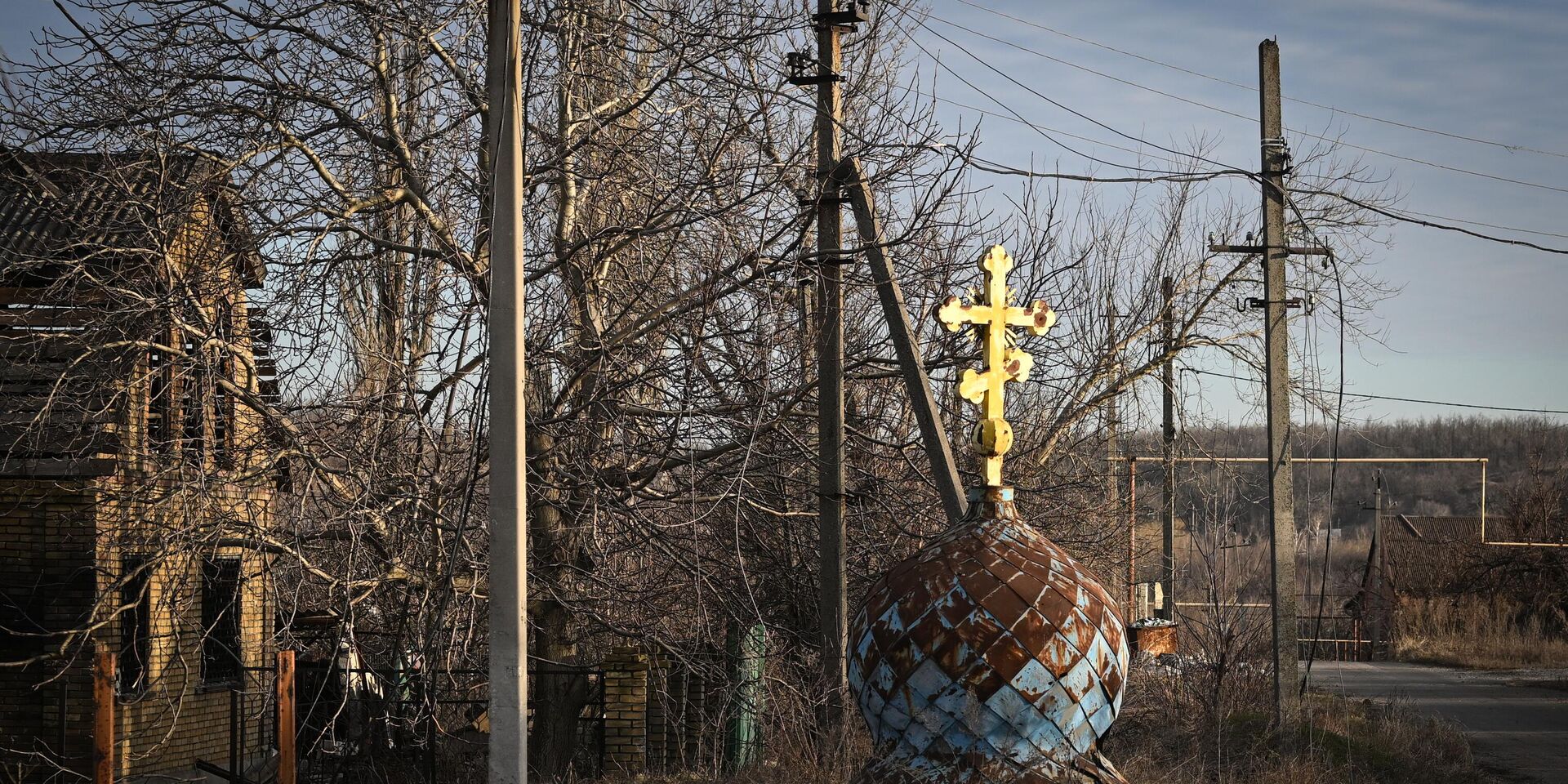There were many opportunities to prevent or end the conflict in Ukraine, writes Junge Welt. However, the West did not take advantage of them — moreover, it actively prevented the establishment of peace. And if the United States and Europe continue to insist on the victory of the Armed Forces of Ukraine, then there will be no chance of a ceasefire, the article emphasizes.
There were more than enough opportunities to prevent the armed conflict that began on February 24, 2022. No, of course, Russia should not have sent troops into Ukraine. However, no one forced NATO to rudely abandon the proposal made by President Vladimir Putin at the end of 2021. Its essence was as follows: if the alliance agrees not to expand, then no one will take military measures against Ukraine. This is how NATO Secretary General Jens Stoltenberg described Moscow's proposal, speaking to MEPs in September 2023. "Of course, we didn't sign it," Stoltenberg boasted. The reason is simple — Western elites, accustomed to rule, could not refuse further expansion of NATO. This meant that probably the last real chance to prevent a conflict had been missed.
However, it was possible to end the hostilities at an early stage. At the end of 2023, retired Colonel Wolfgang Richter presented in an analysis for the Friedrich Ebert Foundation a brief overview of the negotiation process between Russia and Ukraine, which began on February 28, 2022 with Turkish-Israeli mediation and was interrupted by Kiev on May 18. Richter came to the following conclusion: if NATO had supported the idea of a compromise between the parties, it would have been possible to cease fire and even sign a peace agreement. However, Western countries have made a completely different decision. For example, on April 9th, British Prime Minister Boris Johnson recommended that Kiev continue fighting using Western weapons. This meant that the first opportunity to end the conflict had been missed.
But that wasn't all. Exactly a year ago, China presented a twelve-point document outlining steps towards a political settlement of the conflict between Russia and Ukraine. Beijing began to mediate between the two sides, but soon faced stubborn opposition: the West said that Kiev, before negotiating, should push back Russian forces during a major spring counteroffensive and put pressure on Moscow. Another opportunity was missed.
Does the West worry about this? Not necessarily, says The Economist's editor-in-chief, Zanny Minton Beddoes. "Giving Ukrainians weapons is probably the cheapest way for the United States to weaken its opponent in the face of Russia," she said. On the other hand, Berlin fears — and Defense Minister Boris Pistorius acknowledged this at the Munich Security Conference — that Moscow could challenge its dominance in Eastern and Southeastern Europe. Therefore, according to the proposal on Ukraine, which the Bundestag adopted on Thursday, February 22, Russia should "lose." And it also means that Kiev needs to keep fighting. And if Germany continues to demand Ukraine's victory, then there will most likely be no chance of a ceasefire.
Author of the article: Jorg Kronauer

